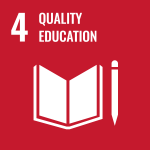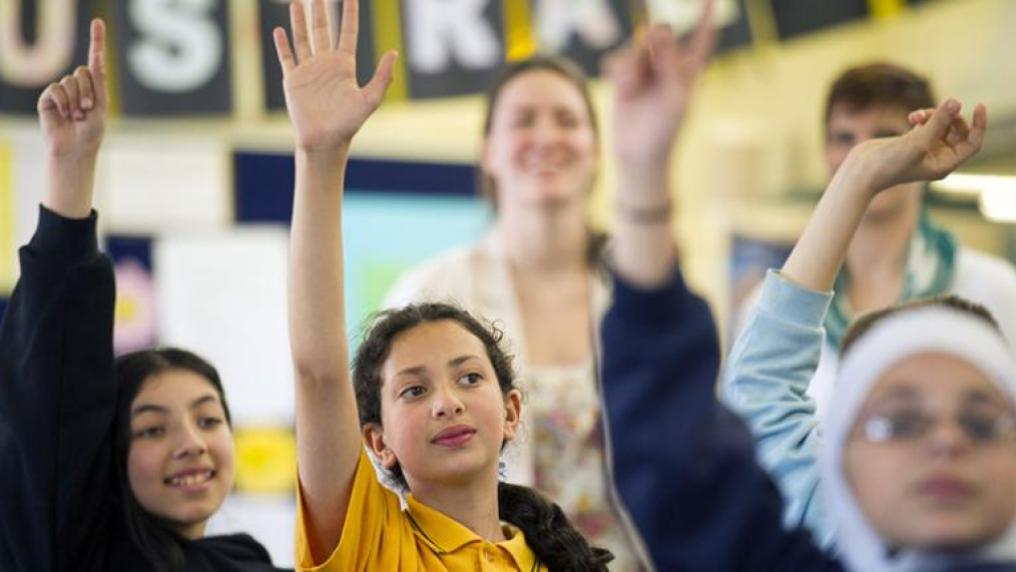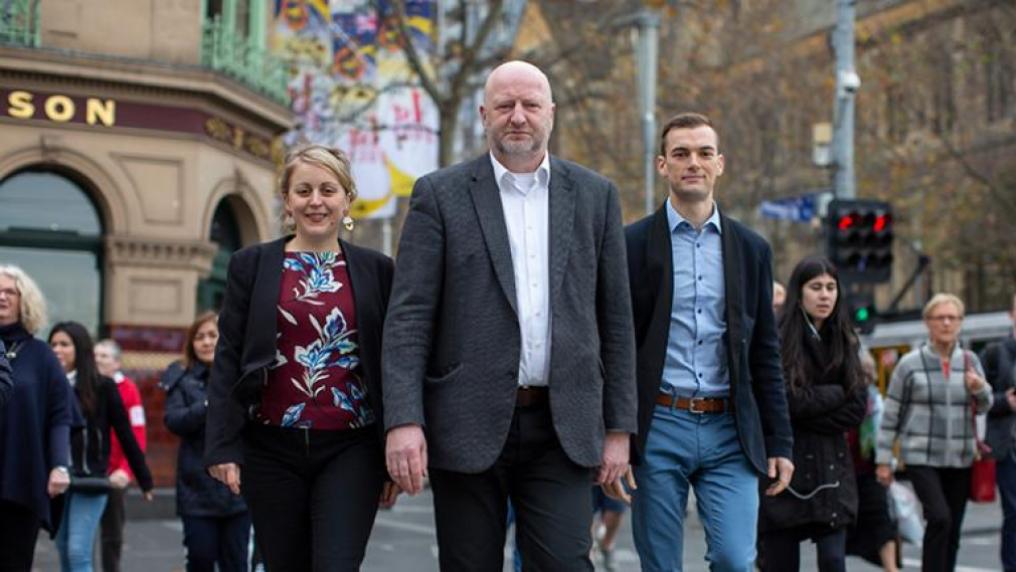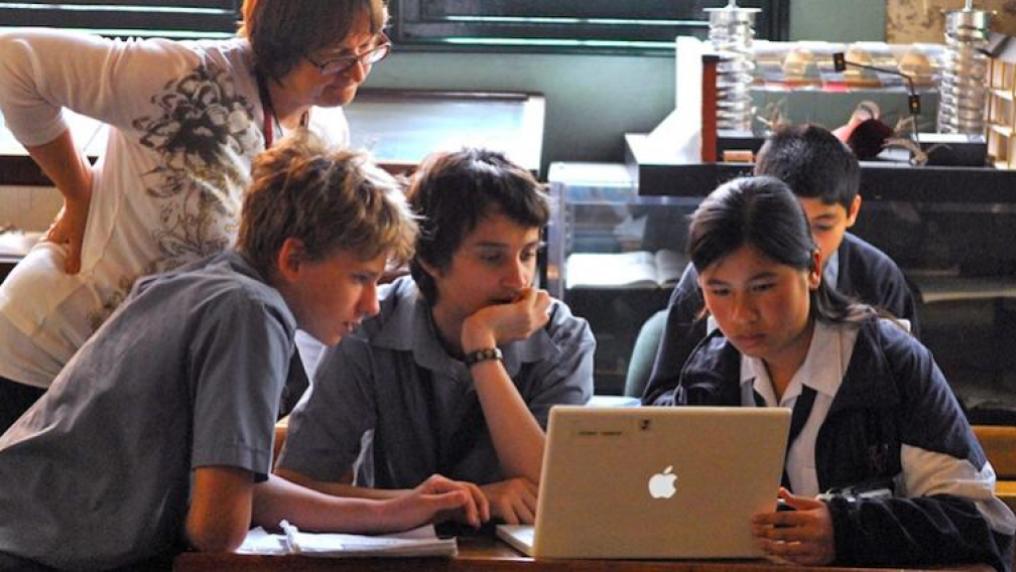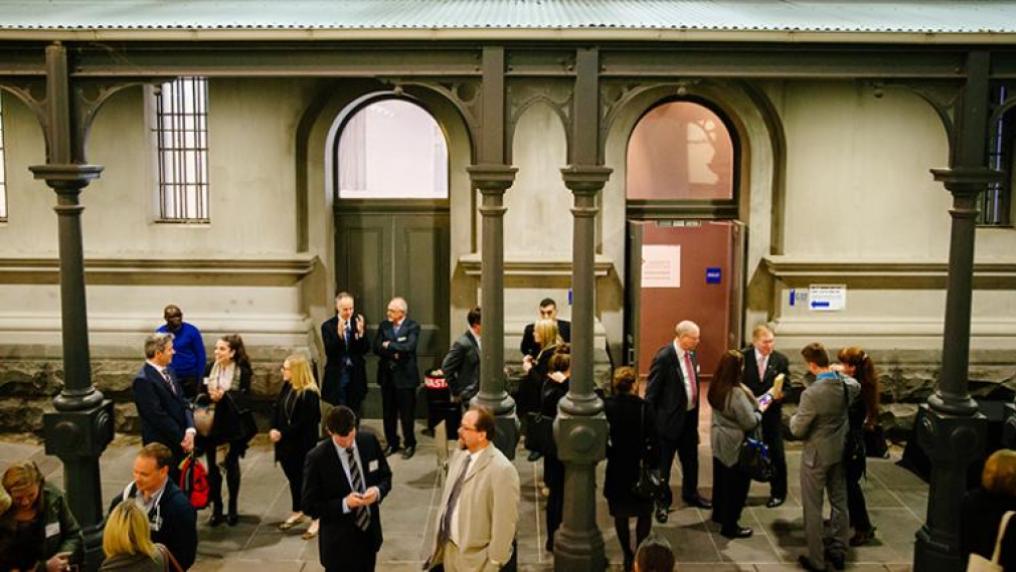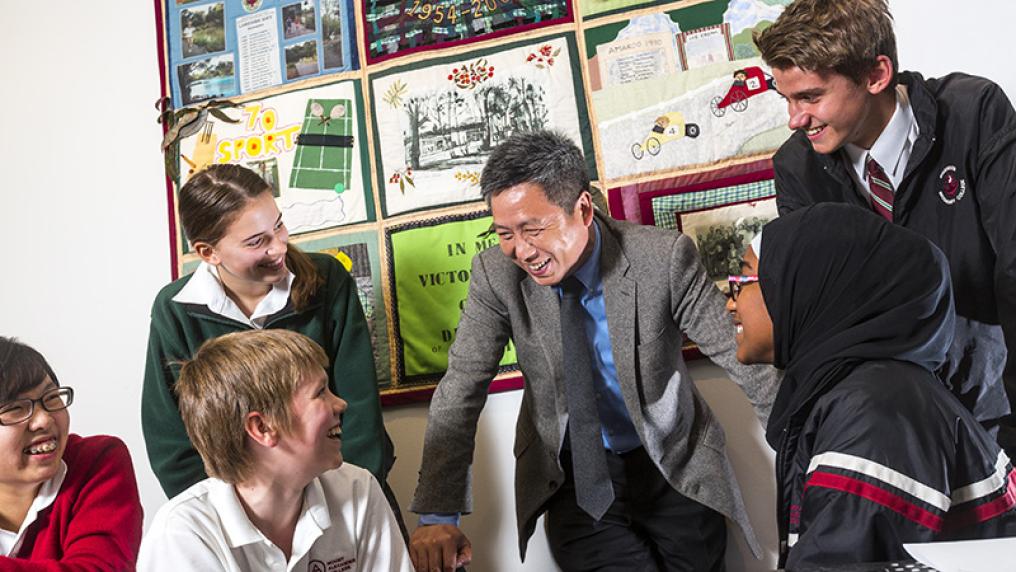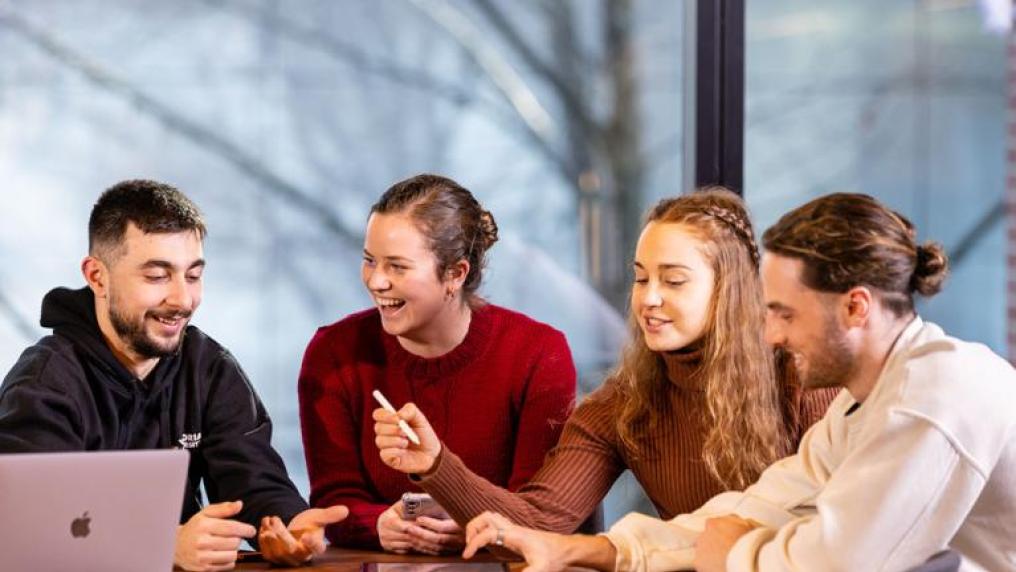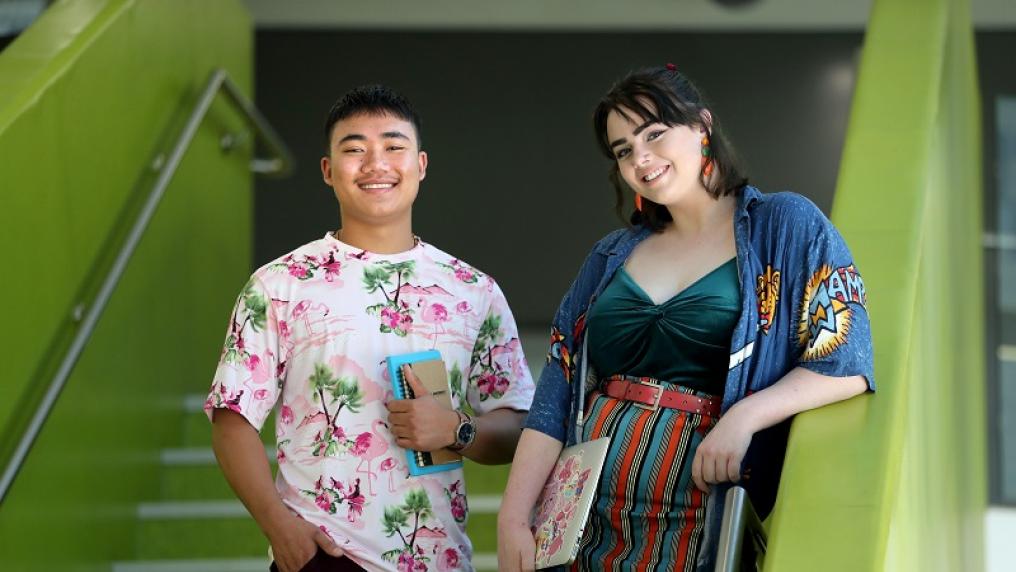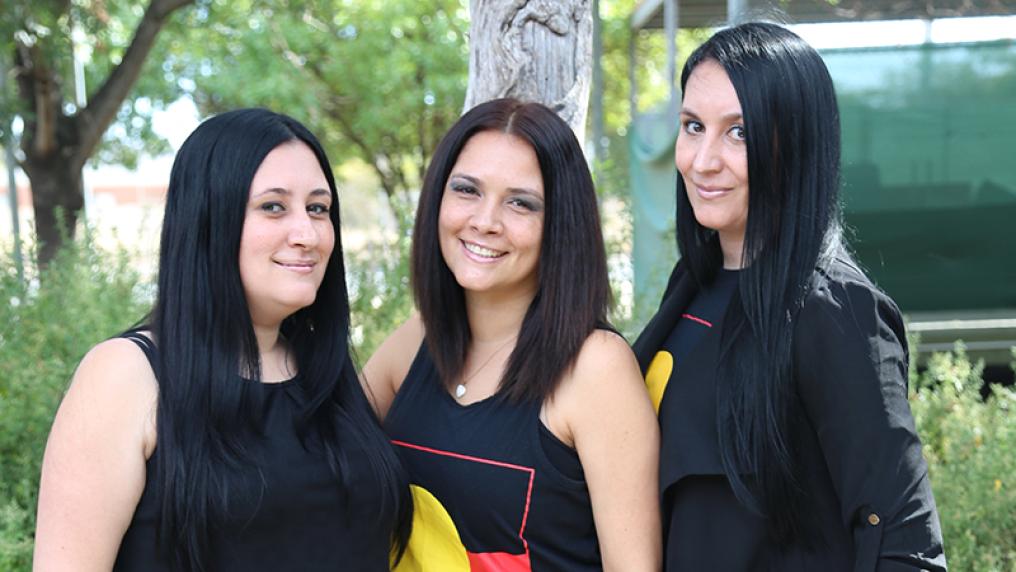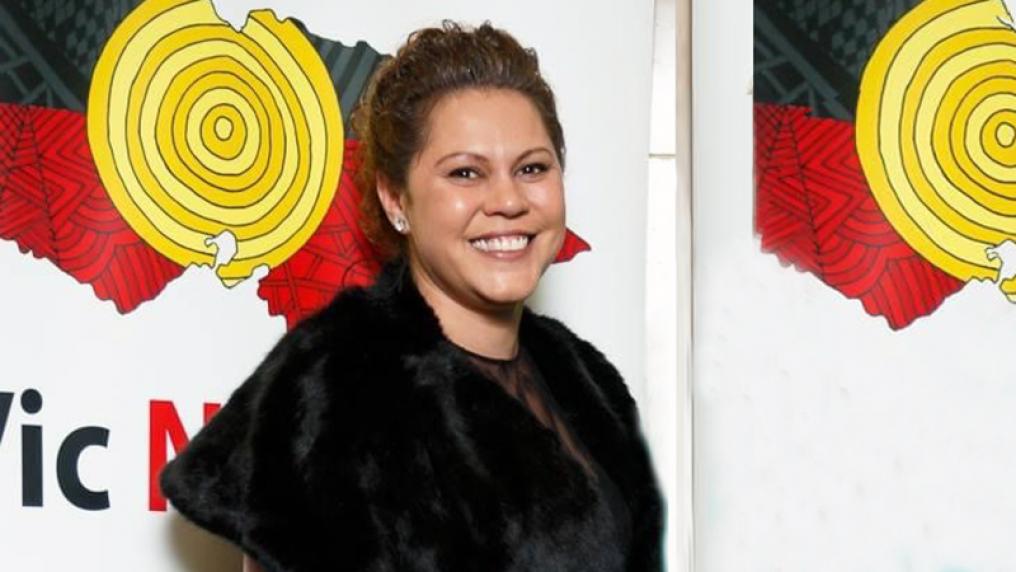Goal 4: Quality education
In our actions, aspirations and achievements, we embody the United Nations commitment to providing quality education to all people at all levels.
As a 'dual sector' institution – offering both vocational and 'higher' education – we bring together the finest and most relevant practical, academic and research skills. In our strategy for the coming years, we aim to define this field.
We have a deep and unwavering commitment to inclusion, respectful relationships and diversity, supporting our students to realise their potential, not despite, but because of, their personal background and experience.
If no additional measures are taken, only one in six countries will meet SDG4 and achieve universal access to quality education by 2030. An estimated 84 million children and young people will still be out of school and an estimated 300 million student will still not have the basic numeracy and literacy skills they need to succeed in life.
– United Nations
Sustainability on campus
Victoria University has one of the highest proportions of first-generation students in Australia, with over 50% of students the first in their family to go to university.
